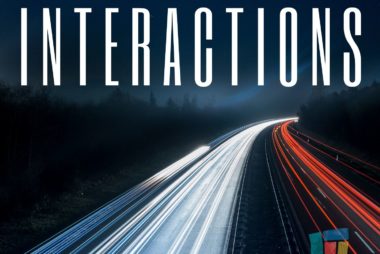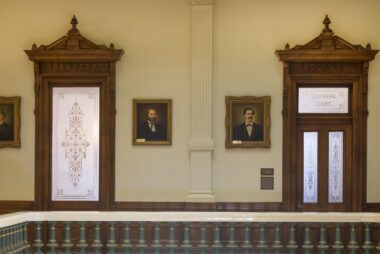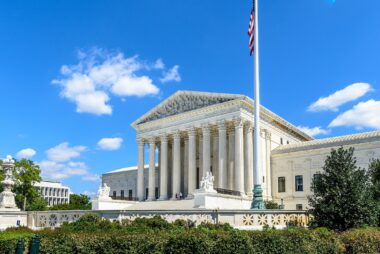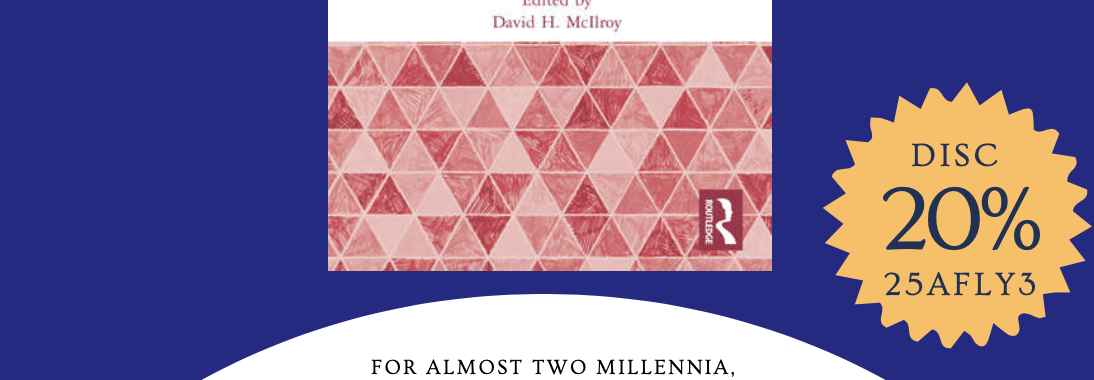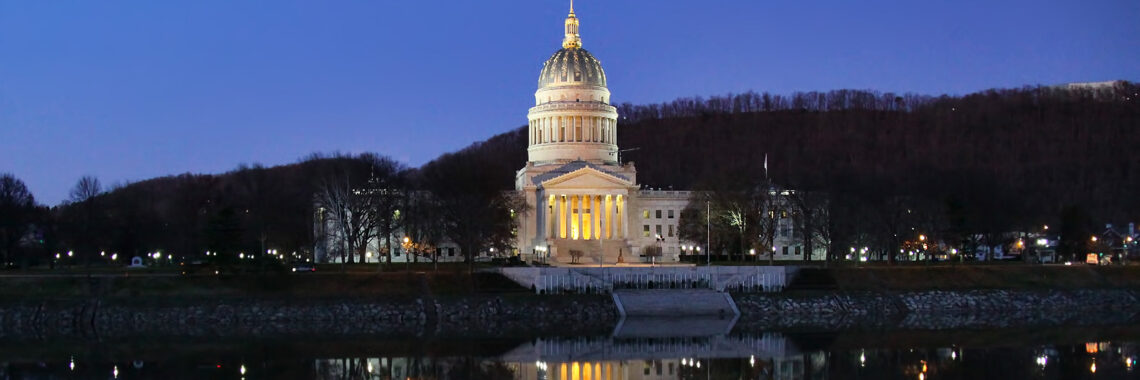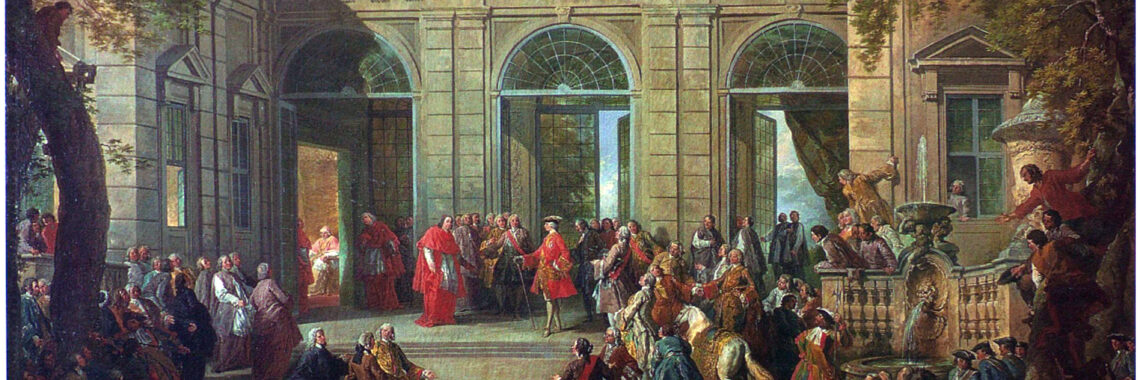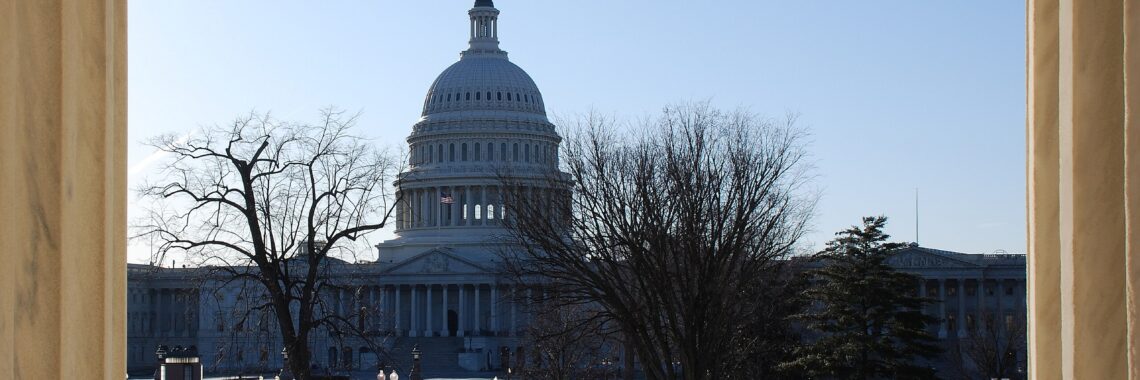“Christianity and the Making of Irish Law: Violence, Virtue and Reason” by David H. McIlroy
Christianity and the Making of Irish Law: Violence, Virtue and ReasonDavid H. McIlroy (ed.) The following essay introduces the new book, Christianity and the Making of Irish Law, Violence, Virtue, and Reason (Routledge, 2026) by the volume’s editor, David H. McIlroy. The volume is now available for purchase via Routledge. Ireland, “the Isle of Saints”,…



